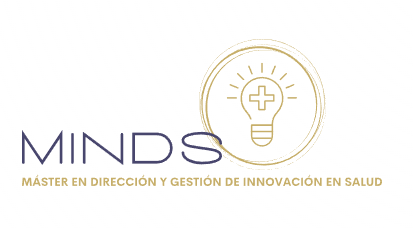The third conference of the program Santander Biomedical Lectures organized by IDIVAL, the University of Cantabria and the IBBTEC will be imparted by Jesús San Miguel next November 17 with the title “Multiple Myeloma of Biology to Therapeutics”.
Jesús San Miguel, Director of Clinical and Translational Medicine at the University of Navarra, will focus on:
1. The pathogenesis of the disease (role of genetics and micro-environment).
2. Prognostic factors with special emphasis on the utility of monitoring residual minimal disease.
3. The treatment of myeloma separating newly diagnosed patients (both candidates and non-autologous transplant: “young vs. old”), relapsed patients who will be given preferential attention to new drugs, including the different modalities of Immunotherapy.
Briefly summarizing his trajectory, Prof. Jesús San Miguel studied medicine at the University of Navarra and took his doctorate in Salamanca. Prior to his current position, for 22 years, he has been Professor of Medicine at the University of Salamanca and Head of the Hematology Service at the University Hospital; he has also been Researcher at the Cancer Research Center of Salamanca and Scientific Director of the Institute of Biomedical Research of Salamanca (IBSAL). He is currently President of the International Myeloma Society.
Among other activities, he is an associate editor of Blood and Hematology and a member of the advisory committees of the European Hematology Association, the Leukemia Research Foundation, the International Myeloma Foundation and the Multiple Myeloma Research Foundation. In addition, he is a teacher evaluator for institutions such as: Mayo Clinic, New York University, MD Anderson Center, Emory University, University College of London.
The awards include: the Waldenström International Award, the Kyle Award, the Jose Carreras Award, the Ham-Wasserman Lecture Award, A .; Celgene Life Achievement Career Award, King Jaime I Award for Medical Research, National Oncology Award, National Research Award, Scientific and Technical Research Award of Castilla y León, Buenos Aires Academy of Medicine Award. He has received the Cross of Merit from the Ministry of Defense (for his contributions on the Balkan syndrome) and the Order of the Civil Order of Health.
Its scientific production translates into more than 700 international publications. Among his areas of interest: 1) Multiple myeloma; 2) Biology of leukemia cells and their clinical-prognostic implications; 3) Residual minimal disease.
He has contributed to the training of more than 30 specialists in Hematology and Hemotherapy and more than 45 researchers have done the doctoral thesis under his direction.
The conferences will take place in the Hospital Universitario Marqués de Valdecilla. Téllez-Plasencia Room. Pavilion 16 at 8:15 a.m.





















